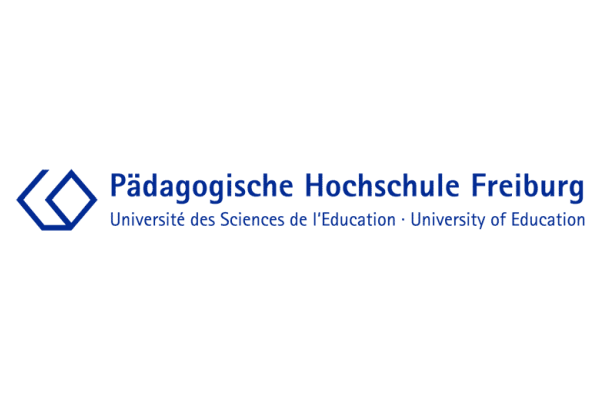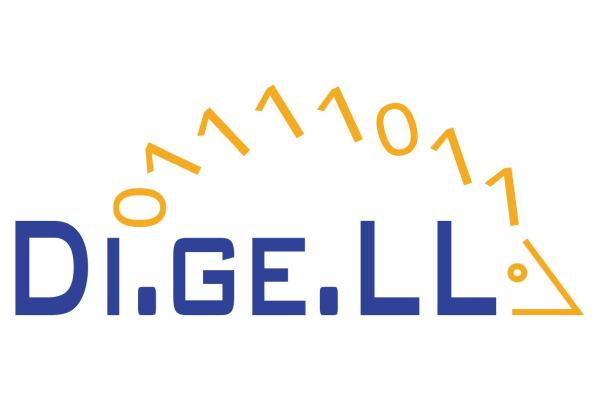
Research Training Group
Digitally-supported teaching-and-learning environments for cognitive activation (Phase 2)
Description
The research training group “Digitally-supported teaching-and-learning environments for cognitive activation” aims to design and empirically validate research-based teaching and learning methods with digital tools for use in existing teaching practice. This involves developing digital tools that are effective for learning as well as generating knowledge about successful digital support for subject-related teaching and learning processes.
Typical instructional designs in the school classroom combine multiple phases to introduce novel content. Digital tools can be usefully introduced at various points. Students’ learning success depends on the quality of the digital teaching-learning settings. In the classroom, such settings usually consist of a sequence of linked phases that pursue different purposes in achieving learning objectives. Di.ge.LL focuses on learning settings in which a divergent first learning phase (e.g. for individual exploration and prior knowledge activation) is followed by a convergent second learning phase (e.g. for consolidation and abstraction).
In Di.ge.LL-1, research focused on the divergent first phase. Di.ge.LL-2 examines the influence of specific digital tools in the subsequent convergent teaching phases. In such phases of knowledge consolidation, digital learning environments and tools can support students in their learning, e.g. dynamic representations can promote the integration of different knowledge components.
The research training group is supported by a scientific advisory board. Its members are
- Prof. Dr. Andreas Lachner, University of Tübingen, Educational Science with a focus on teaching and learning with digital media
- Prof. Dr. Kristina Reiss (em.), Technical University of Munich, Mathematics Didactics
- Prof. Dr. Nikol Rummel, Ruhr University Bochum, Educational Psychology and Educational Technology
- Prof. Dr. Katharina Scheiter, University of Potsdam, Digital Education
Junior Professor Dr. Maik Beege is responsible for the core curriculum of the research training group.
Subprojects
Subproject 1: Development of the density concept for modeling swimming and sinking in a digital ComicLab
In this project, an existing digital learning environment (dialog-based comic lab with elements of scientific discovery learning through simulations) is being further developed. In the learning environment, students are to acquire procedural knowledge (instruction phase 2) based on declarative-conceptual knowledge of the density concept (instruction phase 1). The target group is students in grades 5 and 6.
For example, the following research questions will be investigated: Depending on the knowledge acquired in instructional phase 1, which self-explanation prompts (open or assistive) are most effective in promoting the subsequent acquisition of procedural knowledge in instructional phase 2? Are there differential effects of self-explanation prompts on procedural knowledge depending on the acquired declarative-conceptual knowledge? Is the effect of self-explanation prompts on the knowledge application success mediated by the process of cognitive activation? Is the effect of self-explanation prompts on knowledge application success mediated by the use of the variable control strategy?
In order to investigate these and other research questions, three studies will be conducted: 1. pilot study (learning environment and instructional conditions located therein will be tested), 2. impact study (effects of the prompt conditions on knowledge application success will be tested in an experimental design) and 3. mediation study (learning actions triggered by the prompt conditions will be recorded process-based via log files and eye tracking with regard to cognitive activation and strategies and analyzed as mediator variables).
Subproject 2: Promoting systemic thinking by reflecting on digital simulations
Anthropogenic climate change and its consequences are among the greatest challenges facing us and future generations. Due to the complexity of the climate system and the associated cause-and-effect network for explaining climate change, the topic has rarely been addressed in primary and secondary school (grades 5 and 6). In order to close this research gap, a simulation is used which includes basic interactions between environmental influences, human factors and the consequences of climate change. However, since there is a high degree of variance in students’ learning success after learning with the simulation (some achieve the learning objective, others do not), systemic thinking must be deepened in a subsequent instructional phase. Based on the SOLO taxonomy (Biggs & Collis, 2014), students should first work with the simulation in a self-directed phase in order to acquire predominantly structural knowledge (including knowledge of important elements of the climate system). In a convergent instruction phase, this knowledge should be further developed into relational and even extended abstract target knowledge (understanding the interrelationships between elements of the climate system, making predictions about the global rise in temperature).
Doctoral and postdoctoral candidates
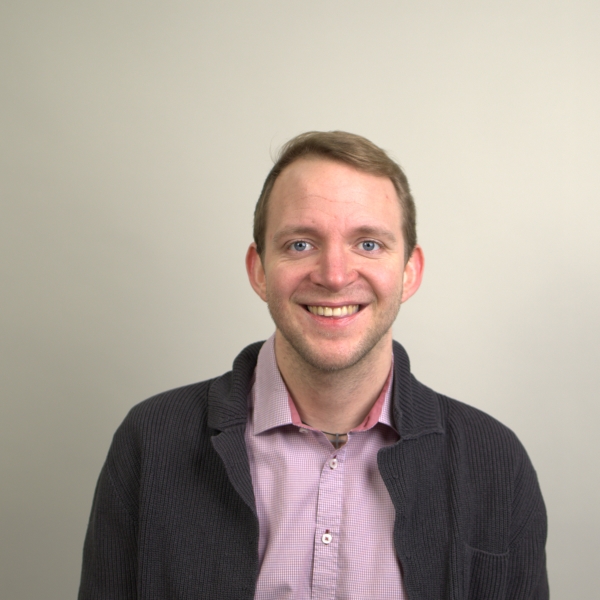
David Wiedemann
Subproject 1: Development of the density concept for modeling swimming and sinking in a digital ComicLab
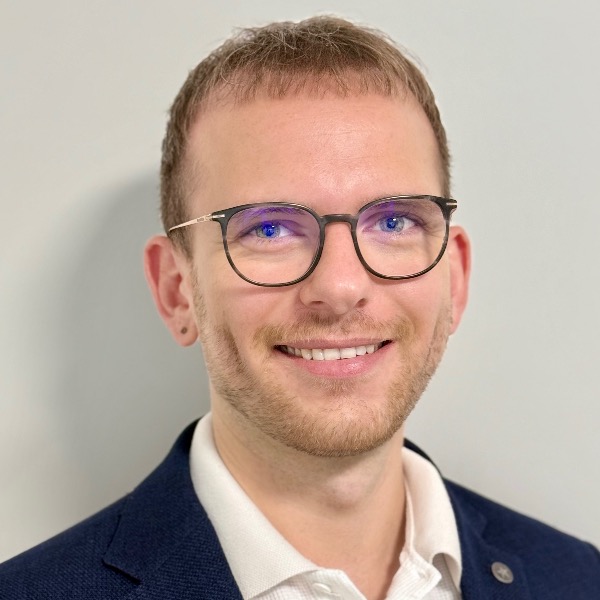
Nico Tuncel
Subproject 2: Promoting systemic thinking by reflecting on digital simulations
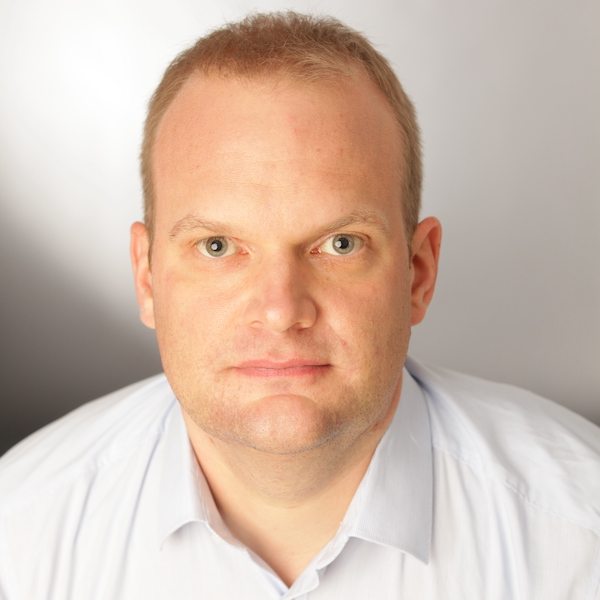
Dr. Martin Abt
Subproject 3: Data-driven decisions. Conceptual understanding of the boxplot as an aggregated representation through simulations.
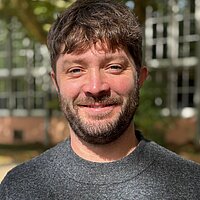
Jonathan Heitzler
Subproject 4: Understanding pricing as a systemic interaction with digital simulations.
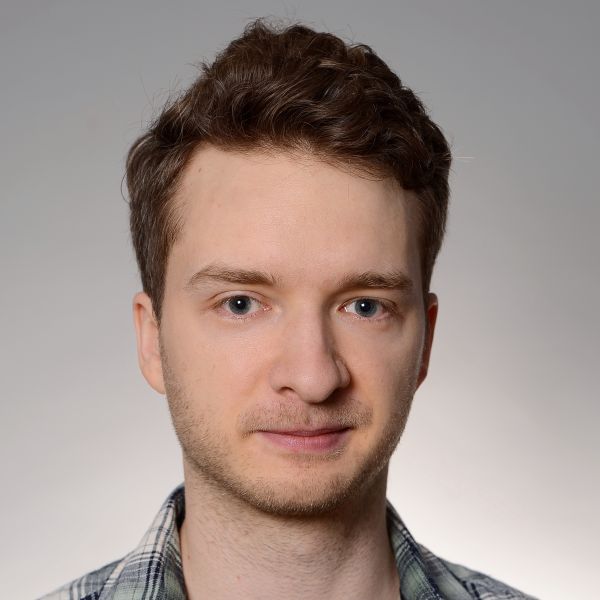
Manuel Tress
Subproject 5: Stimulating conceptual change through dynamic representations of the fractions concept
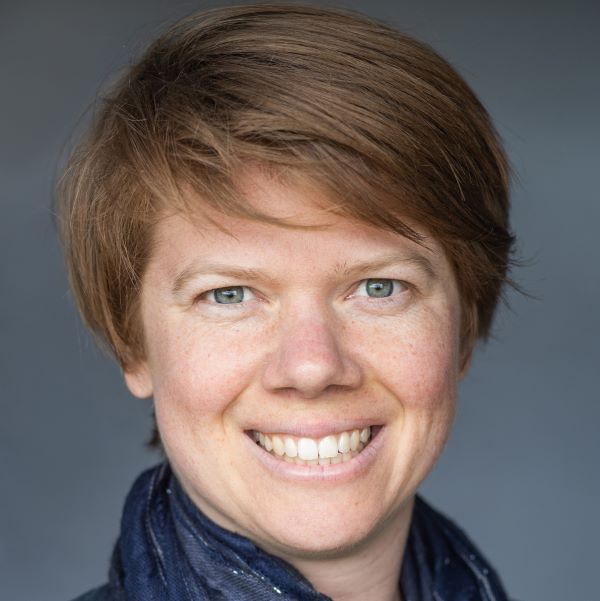
Dr. Kirsten Brunner
Subproject 6: Understanding and differentiating the concepts of area and perimeter with digital dynamic tools.
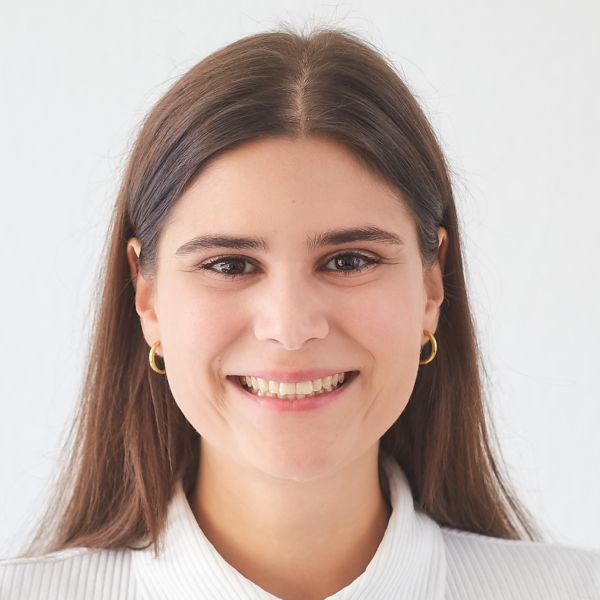
Laura Reichenbach
Subproject 7: Supporting learning journal writing with AI-based feedback.

Christoph König
Subproject 8: Promoting figure analysis through adaptive solution comparisons.


